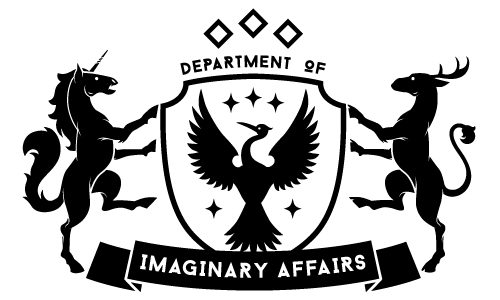Like everyone, the immigrant and refugee-serving sector became #suddenlyremote. Agencies had to make decisions quickly to respond to the ever-changing environment. They have been learning, exploring, managing differently.
Immediately, there seemed to be an opportunity to check in to see how the sector is doing. How are front-line workers? How are leadership (managers, EDs, Boards)? How easily have they been able to transition your administration infrastructure to remote and virtual work? How are newcomers doing?
North York Community House, Department of Imaginary Affairs and Freelance Consultant, Marco Campana created a survey to check in with our immigrant and refugee-serving sector colleagues across the country. These survey results are useful for all of us to establish a snapshot of where we all are at right now.
This survey was not intended to compare our organizations or to be used for performance reviews. It was about the culture, mindset, and structures in place that is supporting or hindering you from getting your job done. This was not an evaluation of how sector workers were doing their job but check-in to see how they are managing their “new normal”.
We do not intend to make recommendations or create a roadmap of next steps. Agencies are doing that actively. This is an opportunity to acknowledge where the sector is at, provide a sense of trends of how the sector is coping during a pandemic. We summarized parts of the survey we found most interesting below. We will share our thoughts on these trends, in terms of what has jumped out, what the sector says is working, and what is not.
We plan to conduct a follow-up survey when we have moved from this interim normal into the next phase of normal when sector workers are able to start returning to their workplaces.
We would like to thank all of the survey respondents who took time from their busy schedules to complete the survey. We had 166 respondents who completed the full survey. They represented nine provinces and two territories. Thank you to IRCC, which provided funding to cover some of the work of the survey analysis.
Here are the results of our survey:

